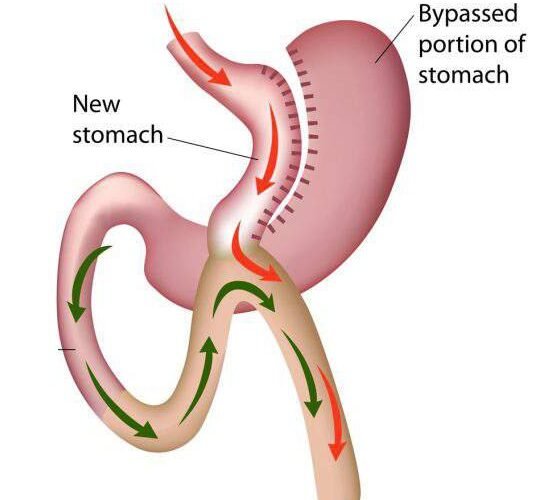“Testosterone Influence on Hyperthyroidism: Beyond Thyroxine”
Introduction:
Hyperthyroidism is a medical condition characterized by an overactive thyroid gland, leading to an excess production of thyroid hormones such as thyroxine (T4) and triiodothyronine (T3). While conventional understanding primarily associates hyperthyroidism with thyroid function, recent research suggests a potential link between testosterone levels and the development or exacerbation of hyperthyroidism. This article delves into the intricate relationship between testosterone and hyperthyroidism, exploring the mechanisms, implications, and potential therapeutic avenues.
Testosterone and Thyroid Function:
Traditionally, the endocrine system has been compartmentalized, with testosterone primarily associated with male reproductive health, and thyroid hormones linked to metabolism and energy regulation. However, emerging studies indicate a bidirectional interaction between testosterone and thyroid function.
Thyroid hormones play a crucial role in maintaining metabolic homeostasis, affecting various bodily functions, including heart rate, temperature regulation, and energy expenditure. Testosterone, on the other hand, influences muscle mass, bone density, and overall vitality. The interplay between these hormones becomes particularly significant when disruptions occur in the delicate balance of the endocrine system.
Mechanisms of Interaction:
Several mechanisms may explain the influence of testosterone on hyperthyroidism. One key aspect is the impact of testosterone on the immune system. Studies suggest that testosterone may exert immunosuppressive effects, modulating the body’s immune response. In hyperthyroidism, where the immune system may play a role in the development of the condition, testosterone’s immunomodulatory properties could potentially influence the course of the disease.
Additionally, testosterone has been shown to affect the conversion of thyroid hormones. The enzyme 5α-reductase, responsible for converting testosterone into its more potent form dihydrotestosterone (DHT), also plays a role in the conversion of T4 to the more active T3 hormone. This dual action of 5α-reductase suggests a potential crossroads where testosterone metabolism and thyroid hormone synthesis intersect.
Clinical Correlations:
Observational studies have reported associations between testosterone levels and the prevalence or severity of hyperthyroidism. In some cases, individuals with hyperthyroidism have exhibited altered testosterone levels compared to healthy controls. Furthermore, the manifestation of hyperthyroid symptoms in males and females may differ, possibly influenced by variations in sex hormone levels.
The clinical implications of these correlations are not yet fully understood, and more research is needed to establish causation and identify potential therapeutic interventions. However, acknowledging the link between testosterone and hyperthyroidism opens new avenues for exploring personalized treatment approaches based on hormonal profiles.
Potential Therapeutic Implications:
Understanding the intricate relationship between testosterone and hyperthyroidism may pave the way for novel therapeutic interventions. Hormone replacement therapy (HRT), commonly used to address hormonal imbalances, could be tailored to consider both thyroid and testosterone levels. This personalized approach may help mitigate the symptoms of hyperthyroidism while addressing potential hormonal deficiencies.
Moreover, the development of targeted medications that modulate the interaction between testosterone and thyroid hormones could offer more precise and effective treatment options. However, such advancements require extensive research to decipher the underlying mechanisms and potential side effects of these interventions.
Conclusion:
In conclusion, the connection between testosterone and hyperthyroidism extends beyond the conventional understanding of thyroid function. While research in this field is still in its early stages, the bidirectional influence of testosterone on thyroid hormones presents a fascinating avenue for further investigation. Clinicians and researchers alike must collaborate to unravel the complexities of this relationship, potentially revolutionizing the way hyperthyroidism is diagnosed and treated. As we delve deeper into the intricate web of endocrine interactions, the intersection of testosterone and hyperthyroidism promises a more comprehensive understanding of hormonal influences on health and disease.

